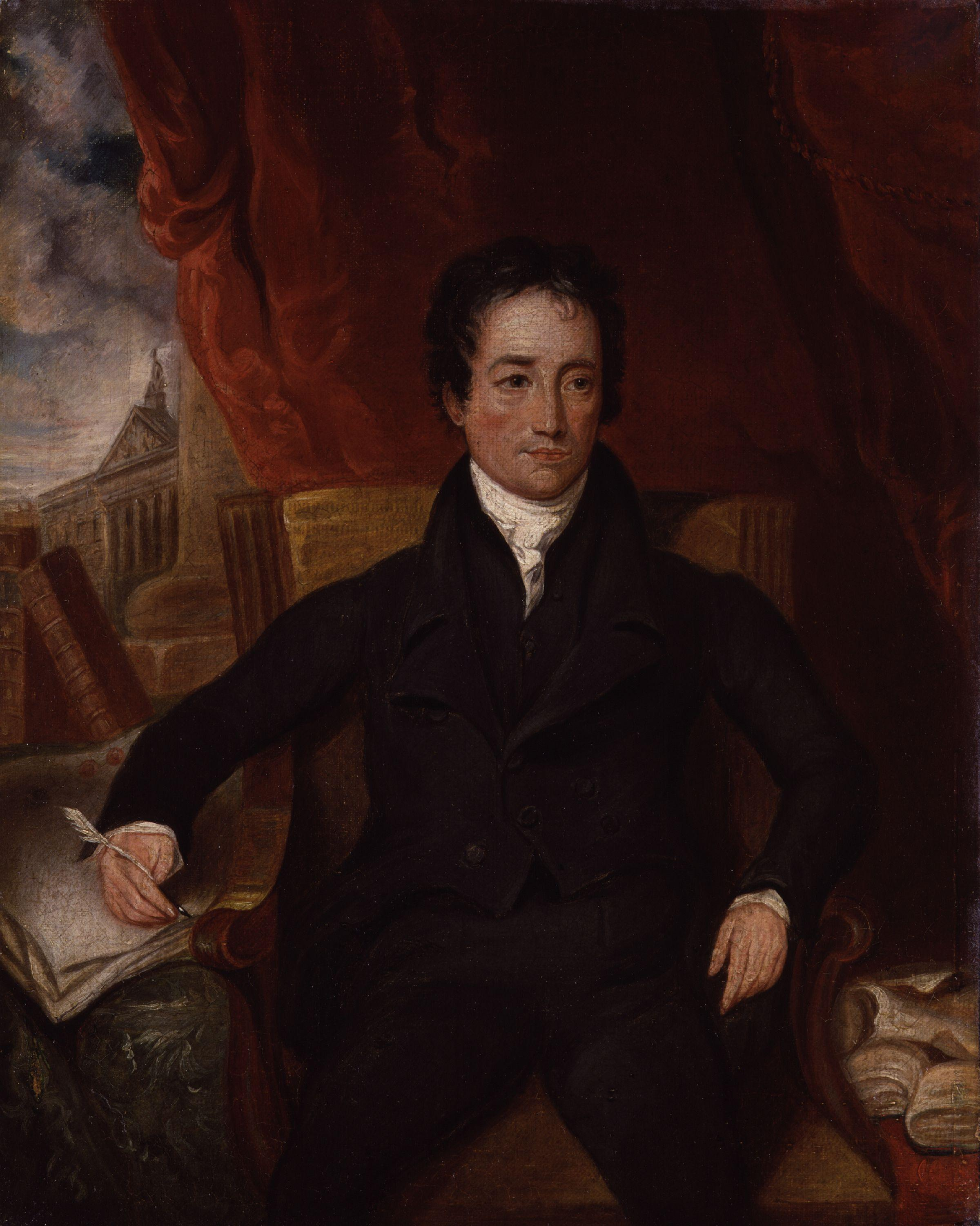Charles Lamb idézetek
Charles Lamb: Idézetek angolul
“Tis the privilege of friendship to talk nonsense, and to have her nonsense respected.”
Forrás: The Life, Letters and Writings of Charles Lamb
“A poor relation—is the most irrelevant thing in nature.”
Poor Relations.
Last Essays of Elia (1833)
“Lawyers, I suppose, were children once.”
The Old Benchers of the Inner Temple.
Essays of Elia (1823)
“I love to lose myself in other men's minds.”
Detached Thoughts on Books and Reading.
Last Essays of Elia (1833)
Quoted in "Table Talk" http://books.google.com/books?id=LIxUAAAAcAAJ&q=%22greatest+pleasure+I+know+is+to+do+a+good+action+by+stealth+and+to+have+it+found+out+by+accident%22&pg=PA14#v=onepage in The Athenaeum magazine (4 January 1834).
“The flouting infidel doth mock when Christians cry”
Lamb's letter to Charles Cowden Clarke, in summer, 1821. As quoted in Works of Charles and Mary Lamb (1905). Letter 263.
“And half had staggered that stout Stagirite.”
Written at Cambridge; reported in Bartlett's Familiar Quotations, 10th ed. (1919).
“How sickness enlarges the dimensions of a man's self to himself.”
The Convalescent.
Last Essays of Elia (1833)
“The mixture spoils two good things, as Charles Lamb (Elia) used to say of brandy and water.”
Abraham Hayward, writing in the Edinburgh Review in 1848.
Attributed
Letter to Thomas Manning (December 26, 1815)<!-- published or quoted where? -->
“The man must have a rare recipe for melancholy, who can be dull in Fleet Street.”
Letter to Thomas Manning (February 15, 1802)
Composed at midnight, as quoted in The Poetical Works of Charles Lamb, p. 72.
